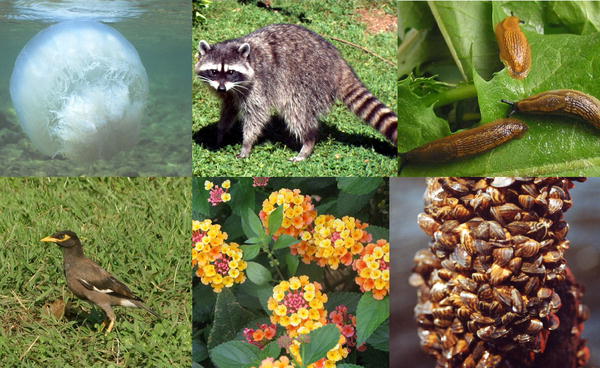In a world consumed with achievement, it’s no wonder that people have started to turn to genetic engineering to protect out different diseases linked to genetic disorders. Cystic Fibrosis, Down syndrome and Anemia are just some of the over 4 000 currently known genetic disorders, coming from any of the 30 000 genes that are present in the 23 chromosomes of a human being. All these advances are giving the human population greater long life and hope to those who suffer from serious illness attached to genetics. But these motions are also resulting in a new trend throughout the world: genetically engineering your baby. Sounds like fun, right? All of this is becoming a reality as genetic engineering transcends in what we’ve ever thought possible; it’s gone from fixing life and death errors to “fixing” the future.

All of this is done through In Vitro Fertilization (IVF) where the embryo is “created” in a little test tube or Petri dish in a nice, sterilized lab. The little embryo, along with a few other of its “siblings” sit in ideal conditions until a cell can be gathered and screened for the eventual traits of the future child. Based on what the parents want, a suitable embryo is then selected and placed into the mother, where it develops like a normal embryo would. And YAY! You’ve got yourself your “dream child”.
I’m sure it sounds tempting. But one large problem is the future of children if genetically engineered children become widespread over natural children. And well, it has already begun to become popular around the world in the form of gender selection. Can you imagine being told you should be what your parents want you to be because they paid thousands of dollars for you? If genetically engineered children become popular, and they probably will, it seems that parenting will begin to lose the warmth and love that is supposed to go along with it, and become a competition of the best child, along with giving parents a mindset of “I paid a lot of money for you, so you better turn out the way I planned.”
Using IVF creates many embryos, from which only one is selected. The fertilization clinic is then responsible for the rest of the unused embryos. More often than not, they’re just abandoned as if they were unimportant. This brings up the debate of whether or not an embryo is considered “living” and has a right to remain so, even if the parents don’t want it.
This newfound industry has definitely gotten out of hand. Machine learning was supposed to be able to create perfect “humans” that would fit into society. Who needs to build robots when you can just build a baby? This certain future is going to take the depth of parenting and turn it into a competition that is going to homogenize society, along with throwing everything out of balance not to mention the embryos that are being thrown away like trash.
Sources:
Comments:




